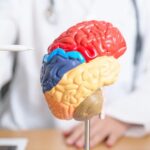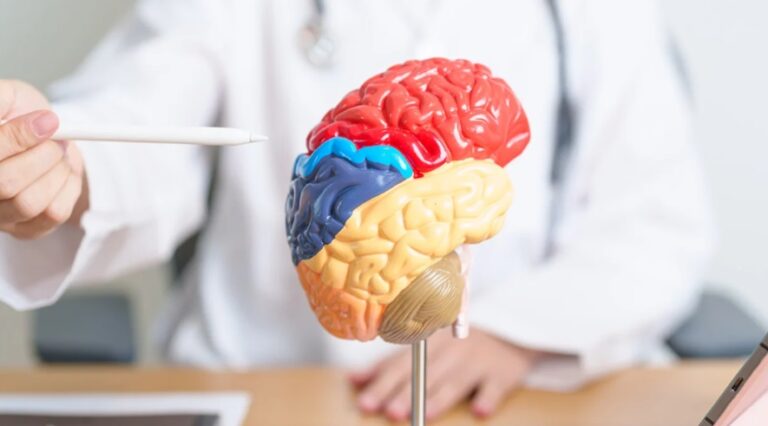
How Testosterone Replacement Therapy Helps Improve Mental Clarity
Testosterone plays a crucial role in overall well-being, impacting not just physical health but also cognitive function. Many men experience a decline in mental clarity as their testosterone levels drop, leading to issues such as brain fog, difficulty concentrating, and memory lapses. For those struggling with these symptoms, testosterone replacement in Lakeland offers a promising solution. By restoring optimal hormone levels, testosterone therapy can significantly enhance cognitive function, mood, and overall mental sharpness.
Understanding the Connection Between Testosterone and Cognitive Function
Testosterone influences various neurological processes, including neurotransmitter activity, blood flow to the brain, and the regulation of stress hormones. Men may experience cognitive decline, reduced motivation, and increased irritability when levels drop.
Symptoms of Low Testosterone That Affect Mental Clarity
Low testosterone levels can contribute to several cognitive challenges, including:
- Brain fog – Difficulty focusing and thinking clearly
- Memory problems – Struggles with recall and retention
- Reduced concentration – Shorter attention span and trouble staying engaged
- Mood swings – Increased irritability and anxiety affecting mental stability
These symptoms often occur gradually, making it difficult for individuals to recognize that hormone imbalance is the root cause.
How Testosterone Replacement Therapy Enhances Mental Clarity
Testosterone replacement therapy (TRT) can help improve cognitive function by addressing hormone deficiencies that contribute to brain fog and mental fatigue.
Restoring Neurotransmitter Balance
Testosterone plays a role in dopamine and serotonin regulation, and it is a neurotransmitter responsible for mood and cognitive performance. Low levels can lead to feelings of sluggishness and decreased motivation. By replenishing testosterone, TRT helps restore these chemicals, promoting mental clarity and emotional stability.
Improving Blood Flow to the Brain
Testosterone enhances circulation, ensuring the brain receives adequate oxygen and nutrients. Poor blood flow can impair cognitive function, leading to forgetfulness and difficulty processing information. TRT supports vascular health, helping individuals regain mental sharpness.
Reducing Stress and Anxiety
Hormonal imbalances often contribute to increased cortisol levels, the primary stress hormone. High cortisol can interfere with memory and focus, worsening mental fog. By balancing testosterone levels, TRT aids in stress reduction, allowing for improved concentration and a calmer state of mind.
Recognizing the Risks of Low Testosterone
Beyond cognitive effects, low testosterone can impact overall health, increasing the risk of conditions such as heart disease and metabolic disorders. Understanding the broader health risks associated with low testosterone is essential for making informed decisions about treatment. Addressing these concerns early can prevent further health complications.
The Long-Term Benefits of Testosterone Therapy
TRT helps with mental clarity and contributes to a higher quality of life. After treatment, many men report improved energy levels, better sleep, and enhanced overall mood. Research suggests that managing testosterone levels through therapy can significantly enhance cognitive function and emotional well-being.
Conclusion
Testosterone replacement therapy is a valuable solution for men experiencing cognitive decline due to low hormone levels. By addressing neurotransmitter balance, improving circulation, and reducing stress, TRT can help restore mental clarity and overall well-being. Recognizing the signs of testosterone deficiency early and seeking professional treatment can lead to a healthier, sharper mind and a more fulfilling life.
















